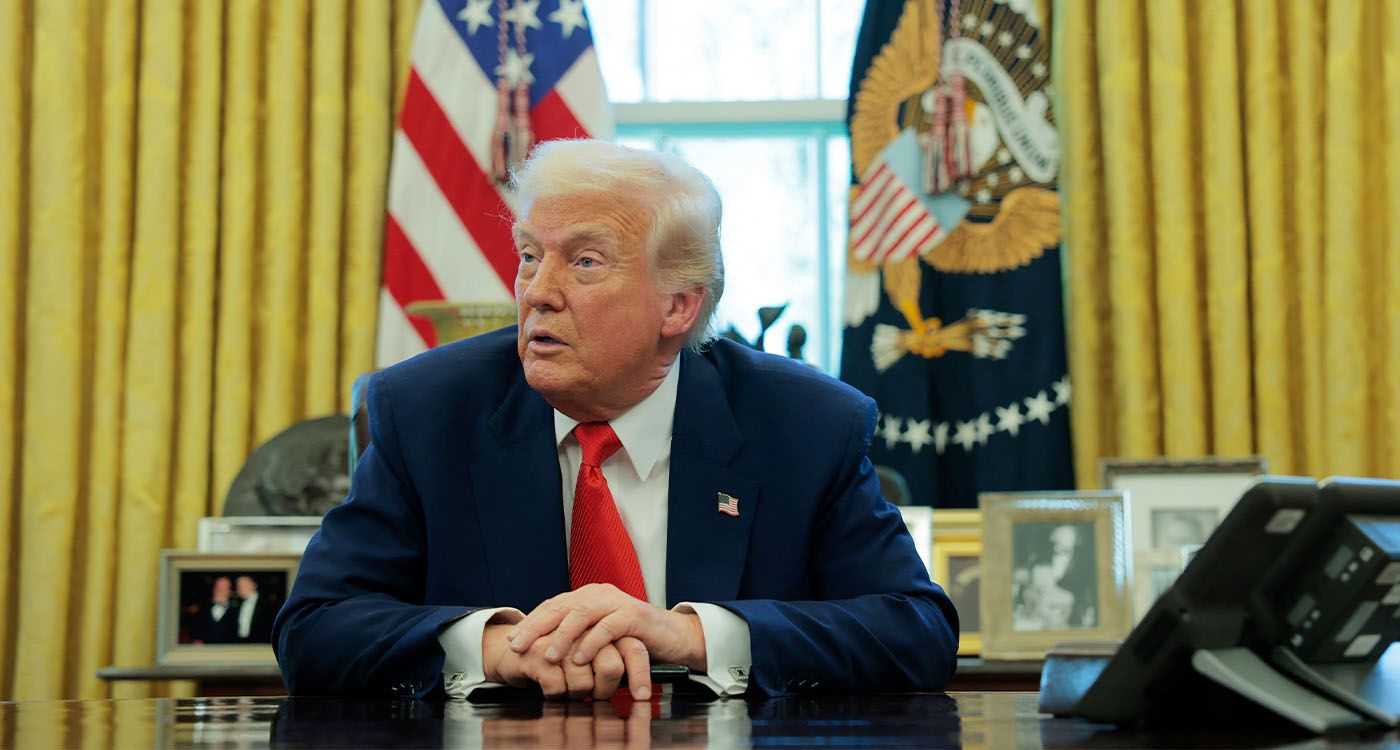
American president Donald Trump announced on Wednesday that he would suspend his “reciprocal” customs surtaxes for 90 days. However, this decision does not apply to China. With the new American customs duties taking effect — reaching an impressive 104% for certain Chinese products — many American companies that have long relied on China to manufacture their goods are now facing a dilemma: raise their prices or absorb the increased costs? And, of course, it’s the consumer who will likely end up footing the bill.
Take Apple, for example. The tech giant, famous for its iPhones and other must-have gadgets, now finds itself in a tricky situation. Due to the American customs measures, manufacturing in China has suddenly become much more expensive. And since part of the iPhone production (that device we can never put down) happens in China, the prices for these devices could skyrocket. Apple now faces a tough choice. For every iPhone manufactured in China and sold in the U.S., Apple will not only have to pay the new surtax, but the increased costs are also expected to weigh heavily on the final price.
Analysts have not wasted any time predicting what’s coming: the iPhone 16 SE, one of the more affordable versions, could see its price jump by 43%, rising from $599 to $846. For the higher-end versions, like the iPhone Pro Max 1TB, the price could reach $2,300, compared to the usual $1,599. More than a month’s rent! But beware — Apple is not alone in this mess.
Nike, which also manufactures a significant portion of its shoes in China, is in the same boat. Sneaker lovers should get ready to pay more for their favorite kicks.
And if you thought you could escape the price hikes by turning to Dell or HP for a new laptop, think again! These brands, which also assemble their products in China, will likely pass on the extra costs to consumers. It’s not a system update — it’s a price update!
Microsoft isn’t spared, either. Customs duties could turn part of the brand’s production into even pricier goods, and your favorite gaming consoles could become a luxury reserved for those with deeper pockets.
And let’s not forget Tesla! The electric car manufacturer could see prices rise if components made in China become more expensive because of these taxes. After all, no one wants to buy an electric car that costs as much as a small house — even if the planet will thank you for it.
Other major consumer electronics brands that love assembling their products in China might also see the prices of their TVs, cameras, and gadgets soar. Dreaming of a state-of-the-art TV to watch your favorite series? You might need to revise your budget.
In short, the everyday products we buy are under a rain of taxes. Companies will have to juggle between keeping their prices competitive and absorbing the extra costs. As for us consumers, we might have to make some budget adjustments. Maybe a $2,300 iPhone isn’t happening just yet, but who knows? In a trade war, it’s often consumers’ wallets that take the biggest hit.
Apple Tries to Get Ahead… But Not for Long
Don’t think these companies are sitting idle. For example, even before the new taxes took effect, Apple took measures by urgently flying shipments of iPhones via air cargo, trying to create a buffer stock before the surtaxes hit production. A slightly improvised solution, but effective in the short term. And since Apple never does things halfway, it has also invested in expanding production in India, where customs duties are “only” 26%, allowing it to keep using Chinese parts without facing the wrath of the U.S. But at some point, this game of evasion has its limits.
Manufacturing in the U.S.? A Risky (and Expensive) Gamble!
The idea of manufacturing directly in the United States, as Donald Trump wishes, might seem attractive at first glance, but in reality, it’s much more complicated for companies. An iPhone, for instance, contains no fewer than 2,000 components. Manufacturing them on U.S. soil would cause production costs to skyrocket. According to expert analyses, making an iPhone in the United States could push its price up to $3,500. This would make already high prices completely unaffordable, and it would be hard to convince consumers to spend that much.
Naturally, companies are trying to negotiate. In exchange for $500 billion in American investments, Apple, for example, is trying to persuade authorities to reconsider their position — but lobbying is always a tricky game in these kinds of standoffs. The pressure on the company is palpable, and investors seem to be struggling with the situation: since the announcement of these measures, Apple’s stock has dropped by 20% — far from a trivial matter.
And in Lebanon?
The consequences of these customs measures are not limited to the United States. Given the significance of exports by these major companies and the globalization of production chains, Lebanese consumers are also likely to feel the sting of rising prices. If you plan to buy American products with Chinese components, you could see a significant price increase as soon as these products hit the Lebanese market.
According to an importer of Apple products, they will have no choice but to pass on the surtax, and the price could climb by 30 to 40% for certain models. In other words, an iPhone that used to cost around $1,500 could easily flirt with $2,000 in Lebanon — a hefty sum for consumers already facing tough economic conditions. And that’s not all: prices for other Apple products, such as the Apple Watch, iPad, and even AirPods, could follow the same upward trend.
So whether we like it or not, Donald Trump’s trade war is seriously hurting our wallets! Companies are feeling the heat too, with soaring prices and increased competition ready to take advantage. Get ready to shell out a bit more for your favorite products. But no worries — even if your bank account takes a hit, you’ll still be able to send that all-important message to your friends with your brand-new iPhone…




Comments